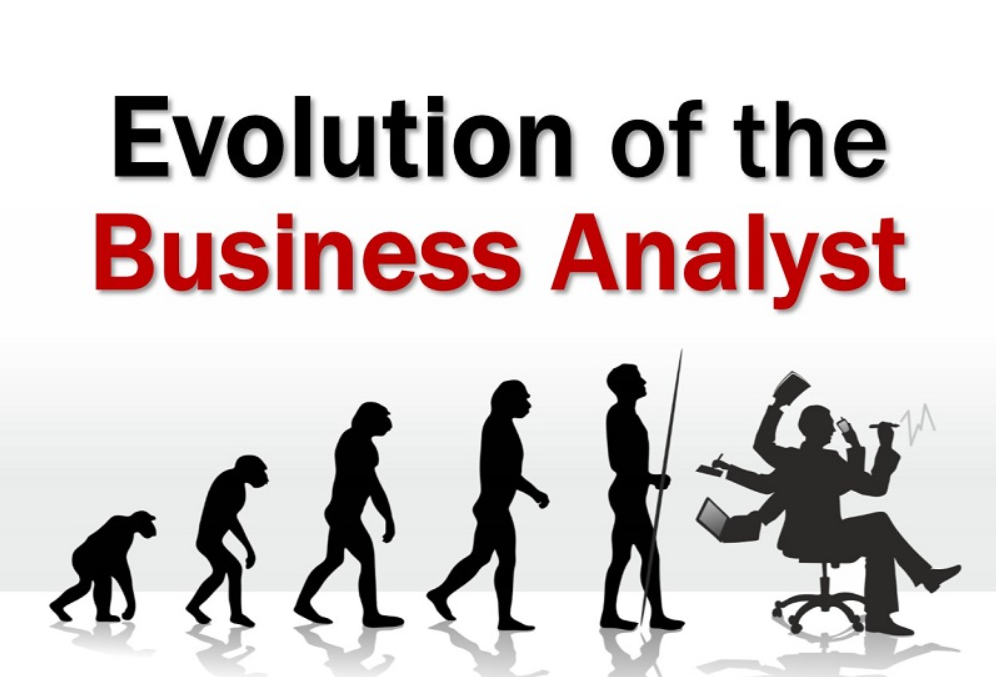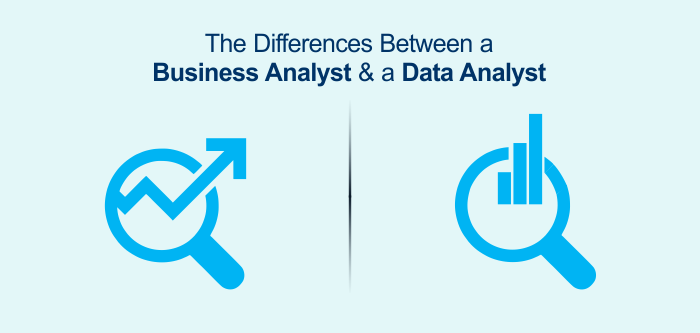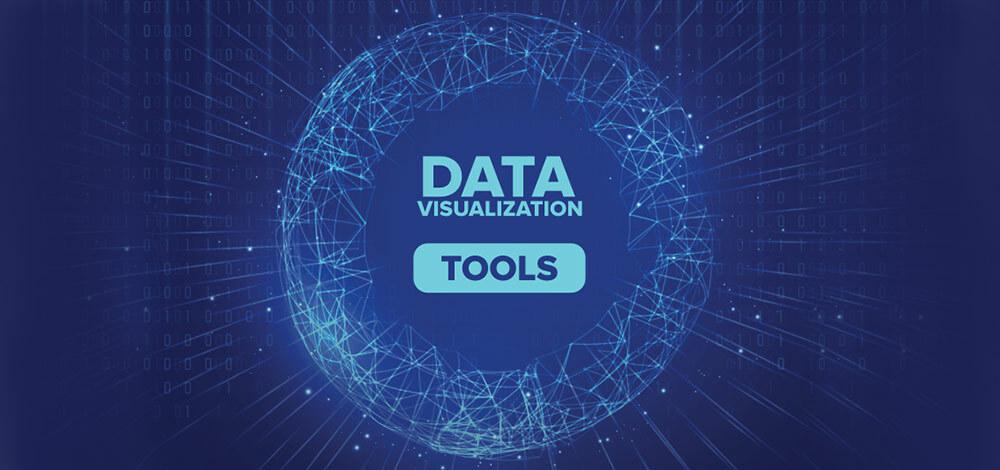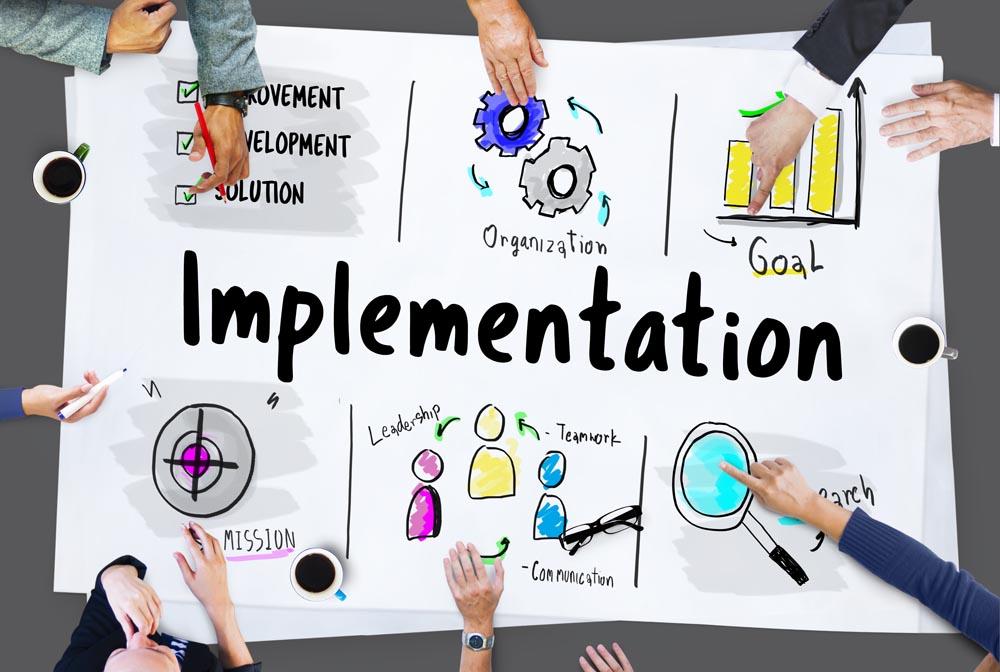Business Analyst Role: Key for Business-IT Efficiency
15 February 2024
Blog

What is a business Analyst? A key role for business-IT efficiency
In today’s dynamic and technology-driven business landscape, the role of a business analyst role has become increasingly vital. Business analysts serve as the bridge between business objectives and IT capabilities, playing a pivotal role in ensuring the efficient alignment of these two critical aspects. This article aims to delve into the intricacies of the business analyst role, exploring its significance, responsibilities, required skills, industry applications, and future trends.
I. Introduction
Defining the role of a business analyst

Business analysts are professionals responsible for analyzing business processes, identifying needs, and recommending solutions to enhance efficiency, productivity, and profitability within organizations.
Importance of business analysts in modern organizations

In an era where technology is deeply intertwined with business operations, business analysts play a crucial role in translating business requirements into IT solutions, thereby driving organizational success.
II. Historical Overview
Evolution of the business analyst role

The concept of business analysis dates back to the early 20th century, but it gained prominence in the 1980s with the advent of structured methodologies for software development.
Key milestones in the development of business analysis as a discipline
The establishment of professional associations such as the International Institute of Business Analysis (IIBA) and the Project Management Institute (PMI) has contributed to the standardization and recognition of business analysis as a distinct profession.
III. Core Responsibilities
Analyzing business processes and identifying areas for improvement

Business analysts conduct comprehensive evaluations of existing business processes, identifying inefficiencies and bottlenecks that hinder organizational performance.
Gathering and documenting requirements from stakeholders

Effective communication with stakeholders is a fundamental aspect of the business analyst role, involving the elicitation, documentation, and validation of requirements to ensure alignment with business objectives.
Facilitating communication between business stakeholders and IT teams
Business analysts act as intermediaries between business stakeholders and IT teams, translating business needs into technical requirements and ensuring clear and concise communication throughout the project lifecycle.
IV. Skills and Qualifications
Technical skills required for business analysis
Proficiency in data analysis tools, database querying languages, and project management software are essential for business analysts to effectively analyze data, identify trends, and manage project timelines.
Soft skills crucial for effective business analysis

Strong interpersonal skills, effective communication, critical thinking, and problem-solving abilities are indispensable for business analysts to collaborate with diverse stakeholders and navigate complex organizational dynamics.
Certifications and training programs for aspiring business analysts

Certifications such as Certified Business Analysis Professional (CBAP) and Agile Analysis Certification (IIBA-AAC) validate the expertise and competency of business analysts, while training programs offer specialized knowledge in areas such as requirements elicitation, stakeholder management, and business process modeling.
READ MORE: UNVEILING BUSINESS ANALYST JOB MARKET TRENDS A COMPREHENSIVE EXPLORATION
V. Business Analyst vs. Other Roles
Contrasting business analyst with project managers

While project managers focus on managing project timelines, budgets, and resources, business analysts are primarily concerned with understanding business needs, defining project scope, and eliciting requirements to meet those needs.
Differentiating business analysts from data analysts

While both roles involve data analysis, data analysts primarily focus on interpreting data to derive insights and inform decision-making, whereas business analysts focus on understanding business processes and requirements to drive organizational change.
Understanding the overlap with product managers
Product managers are responsible for defining the strategic direction of a product and overseeing its development, whereas business analysts focus on understanding user needs and translating them into functional requirements for development teams.
VI. Tools and Techniques
Utilizing software tools for data analysis and visualization

Business analysts leverage tools such as Microsoft Excel, Tableau, and Power BI to analyze data, create visualizations, and communicate insights to stakeholders effectively.
Employing methodologies like Agile and Waterfall in business analysis

Agile methodologies emphasize iterative development and collaboration, allowing business analysts to adapt to changing requirements and deliver value incrementally, while Waterfall methodologies follow a sequential approach, suitable for projects with well-defined requirements and minimal changes.
Conducting SWOT analysis and stakeholder mapping

SWOT analysis helps business analysts assess the strengths, weaknesses, opportunities, and threats associated with a project or initiative, while stakeholder mapping enables them to identify key stakeholders and understand their interests, influence, and priorities.
VII. Industry Applications
Business analysts in finance and banking

In the finance and banking sector, business analysts play a crucial role in optimizing processes such as risk management, compliance, and customer relationship management to enhance operational efficiency and regulatory compliance.
Role of business analysts in healthcare organizations

In healthcare organizations, business analysts work on projects related to electronic health records (EHR) implementation, healthcare informatics, and process optimization to improve patient care delivery and operational efficiency.
Business analysis in the retail and e-commerce sector

In the retail and e-commerce sector, business analysts focus on analyzing consumer behavior, optimizing supply chain management, and enhancing the online shopping experience to drive revenue growth and customer satisfaction.
VIII. Challenges Faced by Business Analysts
Managing conflicting stakeholder priorities

Business analysts often encounter challenges in reconciling conflicting priorities and expectations among stakeholders with divergent interests, requiring effective negotiation and conflict resolution skills to achieve consensus.
Dealing with rapidly evolving technology landscapes
The rapid pace of technological innovation poses challenges for business analysts in staying abreast of emerging trends and evaluating their potential impact on business operations and strategies.
Overcoming resistance to change within organizations
Resistance to change is a common barrier to successful project implementation, requiring business analysts to effectively communicate the benefits of proposed changes and address concerns to secure buy-in from stakeholders.
READ MORE: IMPORTANCE OF BUSINESS ANALYSIS IN COMPANIES
IX. Case Studies
Successful implementation of business analysis strategies in real-world scenarios

Case studies showcasing successful business analysis initiatives, such as the implementation of enterprise resource planning (ERP) systems, business process reengineering, and digital transformation projects, highlight the tangible benefits achieved through effective business analysis practices.
Lessons learned from failed business analysis projects
Analyzing the root causes of failed business analysis projects provides valuable insights into common pitfalls, such as inadequate requirements elicitation, scope creep, and inadequate stakeholder engagement, enabling organizations to avoid similar pitfalls in future initiatives.
X. Future Trends
Emerging technologies shaping the future of business analysis
Technological advancements in areas such as artificial intelligence (AI), machine learning, robotic process automation (RPA), and blockchain are poised to revolutionize the practice of business analysis, enabling organizations to leverage data-driven insights for strategic decision-making and innovation.
Impact of artificial intelligence and machine learning on the role of business analysts

AI and machine learning technologies are enabling business analysts to automate repetitive tasks, analyze large volumes of data, and uncover actionable insights, thereby enhancing their productivity and enabling them to focus on higher-value strategic activities.
Anticipated changes in the skillset and responsibilities of business analysts
As the role of business analysts evolves, there is a growing emphasis on developing skills in areas such as data science, predictive analytics, and business process automation to meet the evolving needs of organizations in an increasingly digital and data-driven environment.
XI. Conclusion
Recap of the importance of business analysts in optimizing business-IT efficiency
Business analysts play a crucial role in bridging the gap between business objectives and IT solutions, ensuring the effective alignment of technology investments with strategic priorities to drive organizational success and competitive advantage.
Final thoughts on the evolving nature of the business analyst role
As organizations continue to embrace digital transformation and innovation, the role of business analysts will evolve to encompass new technologies, methodologies, and skills, positioning them as indispensable contributors to business-IT efficiency and organizational agility.
Unlock your potential as a business analyst and embark on a journey of professional growth with our comprehensive training program. Enroll now to gain practical skills, industry insights, and certification preparation tailored to excel in the dynamic field of business analysis.

